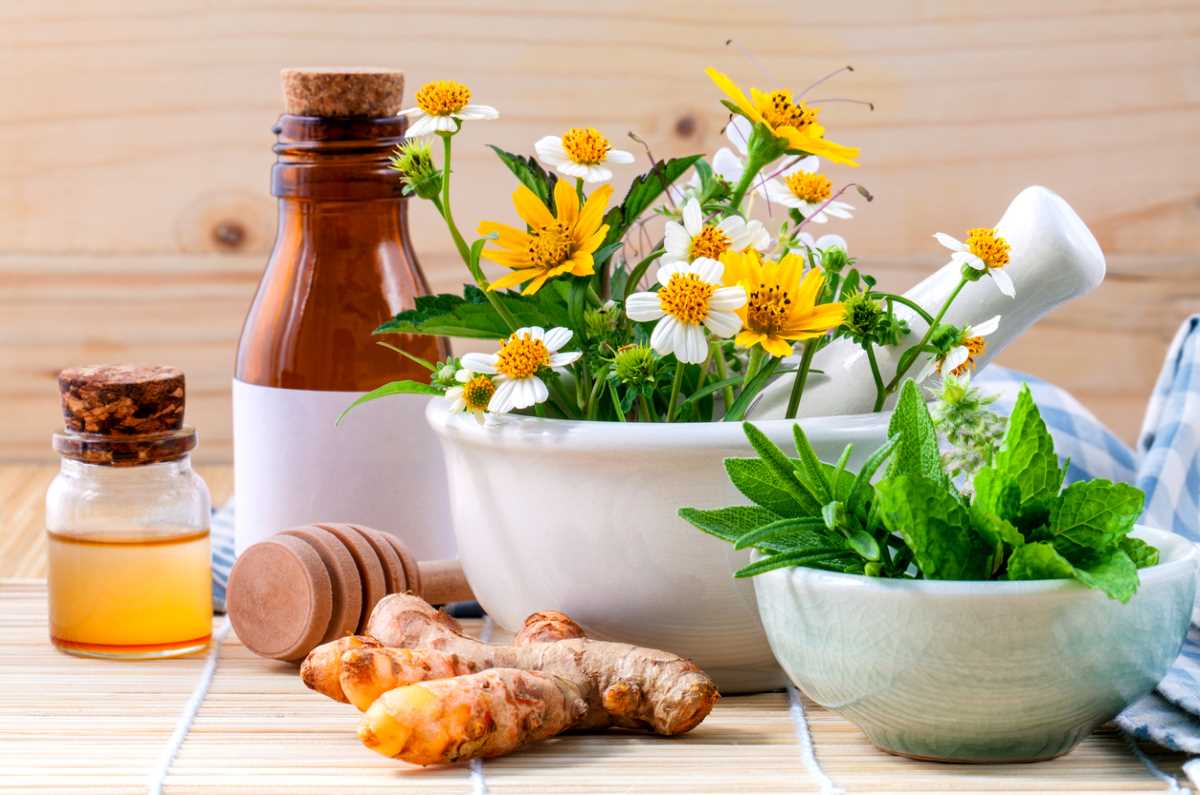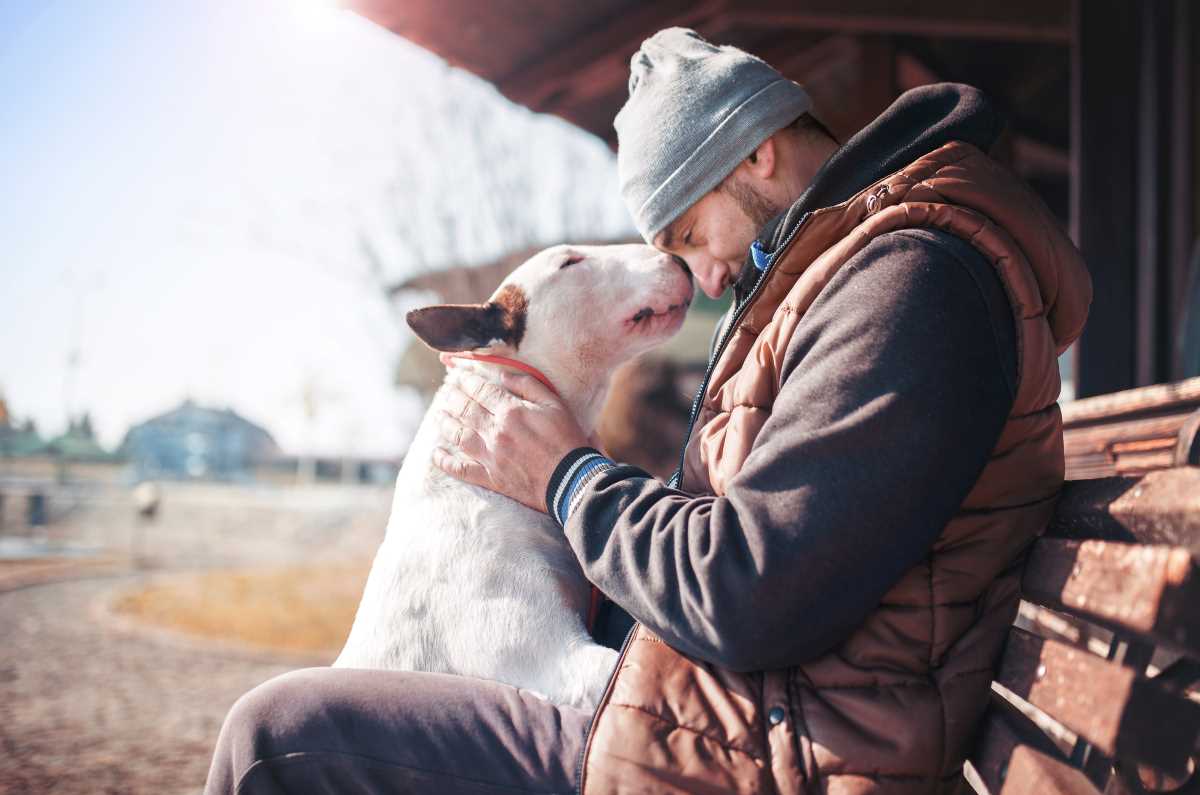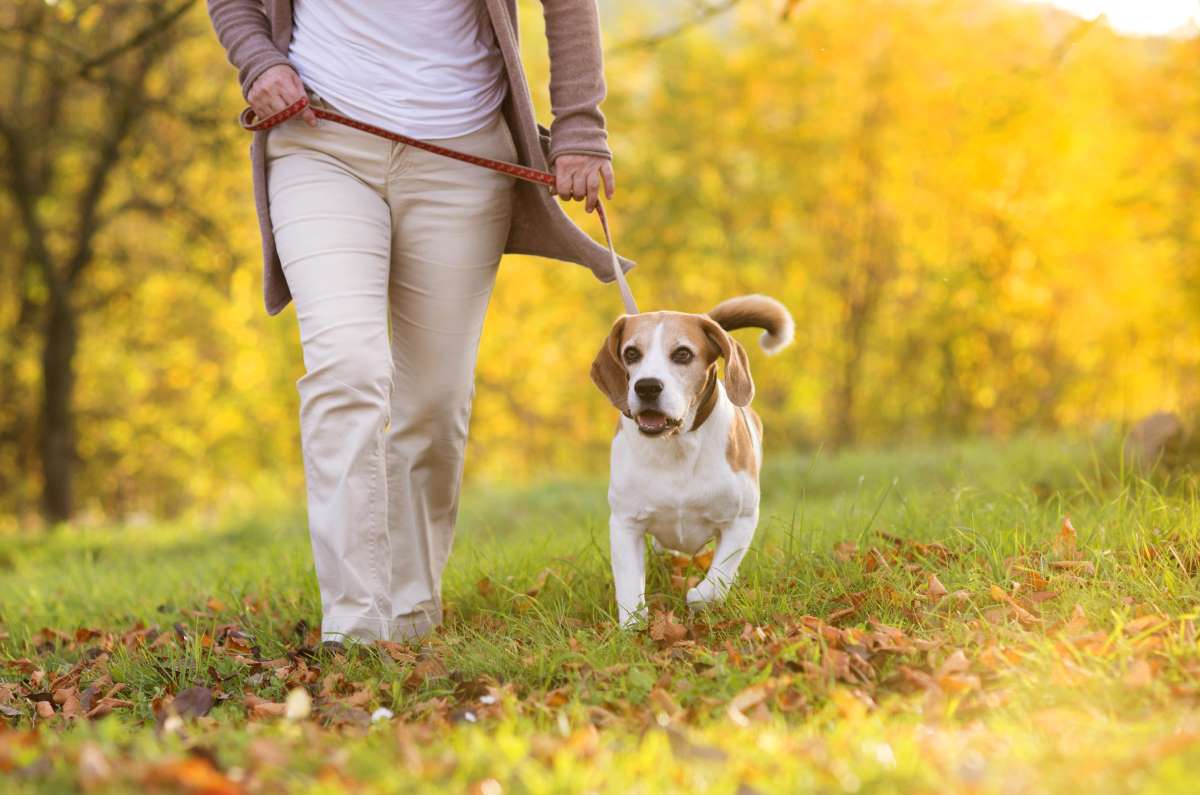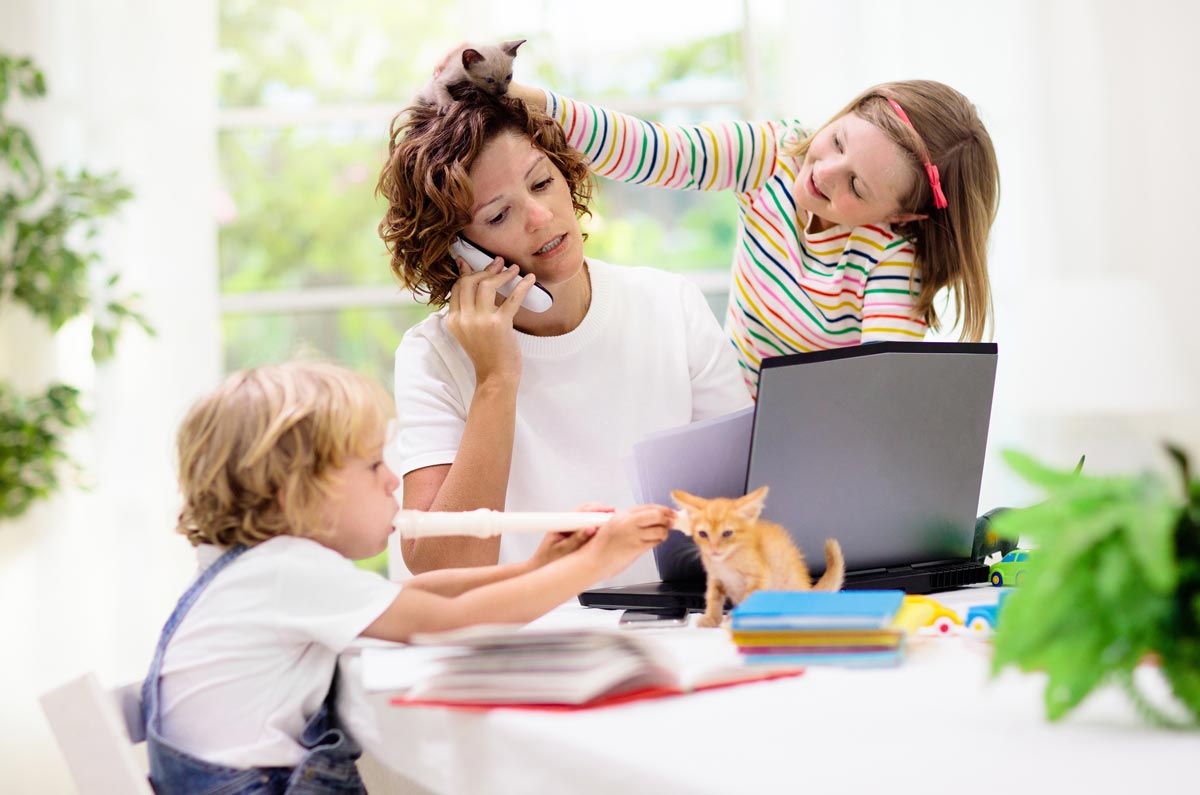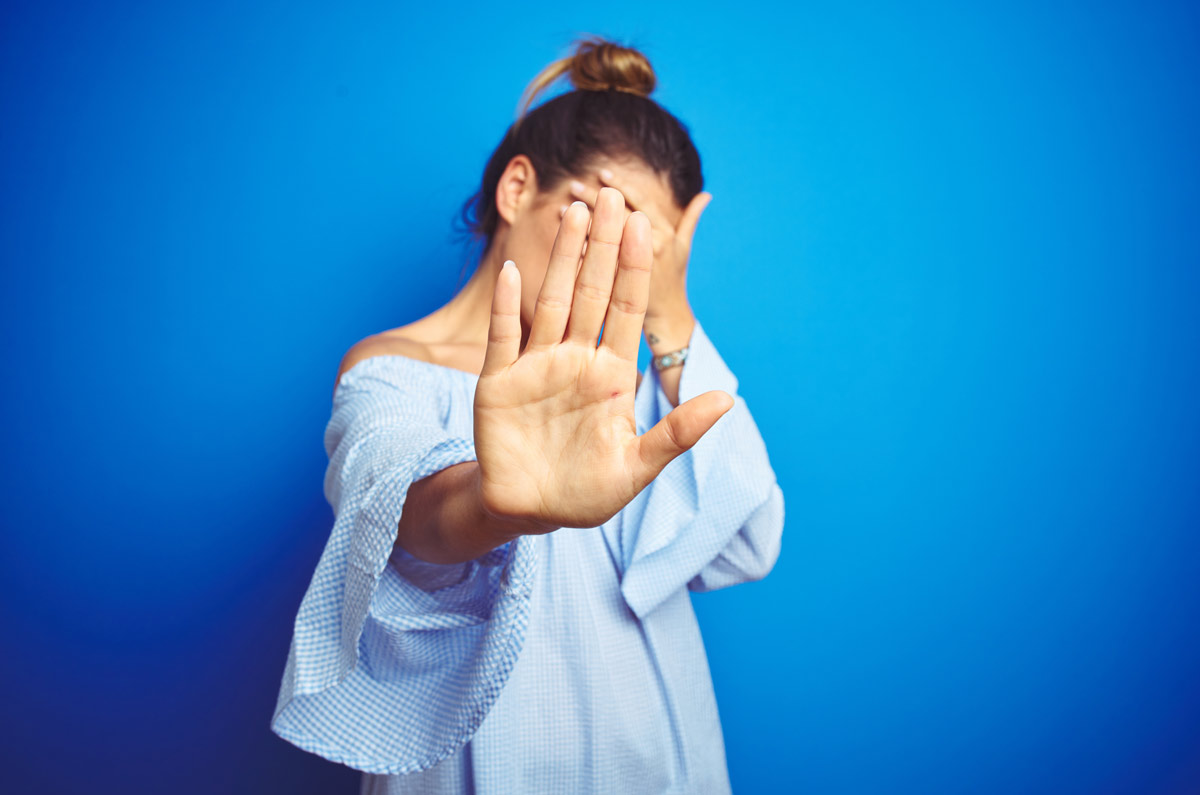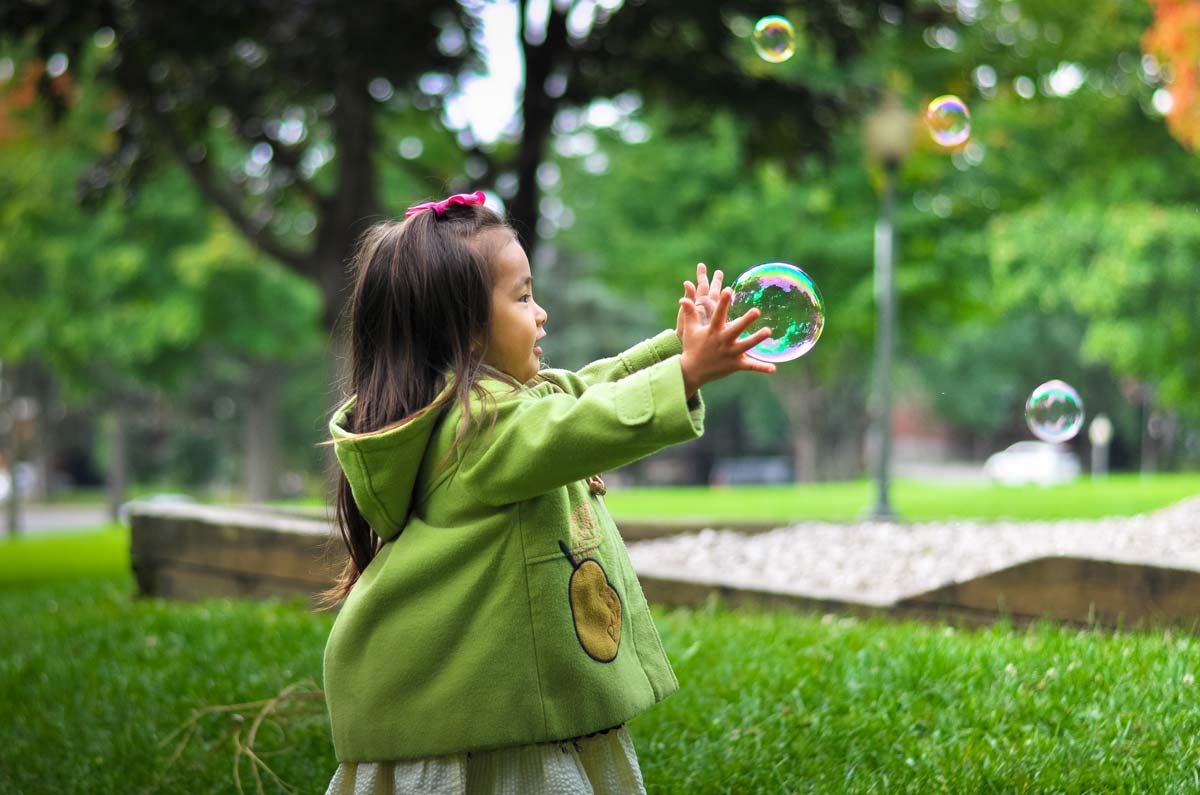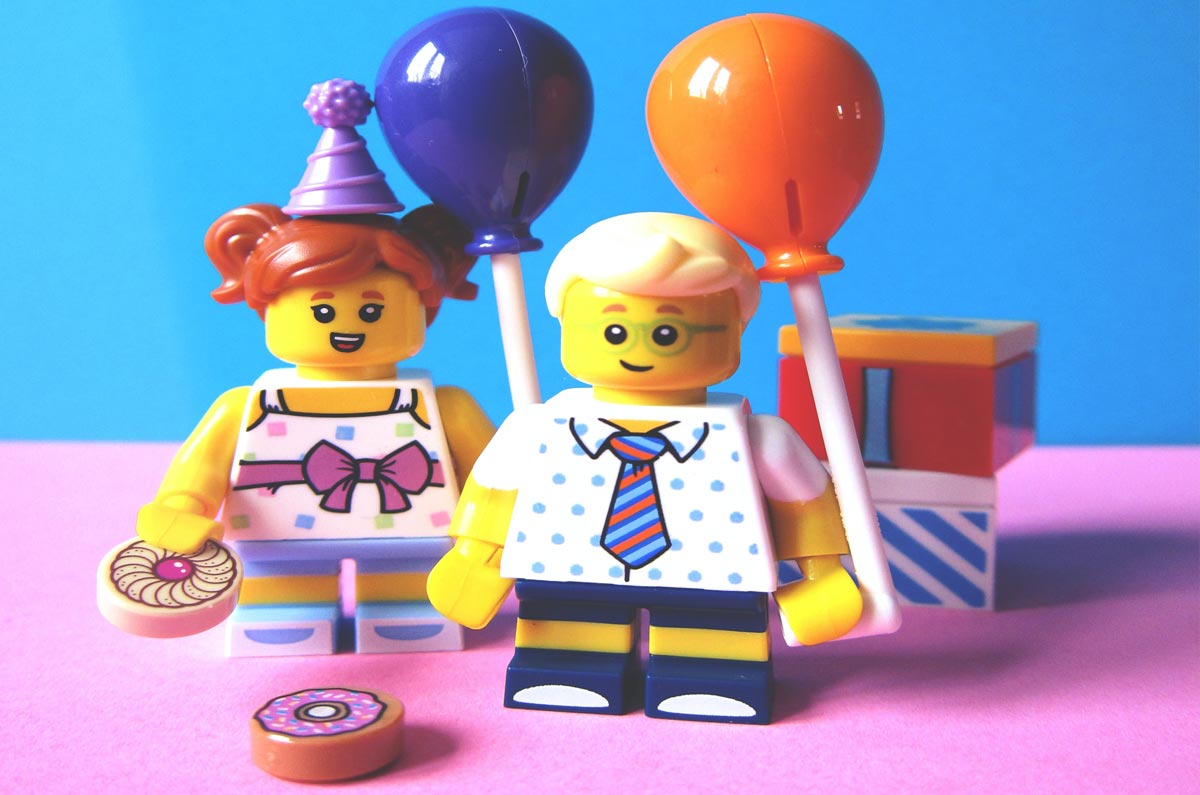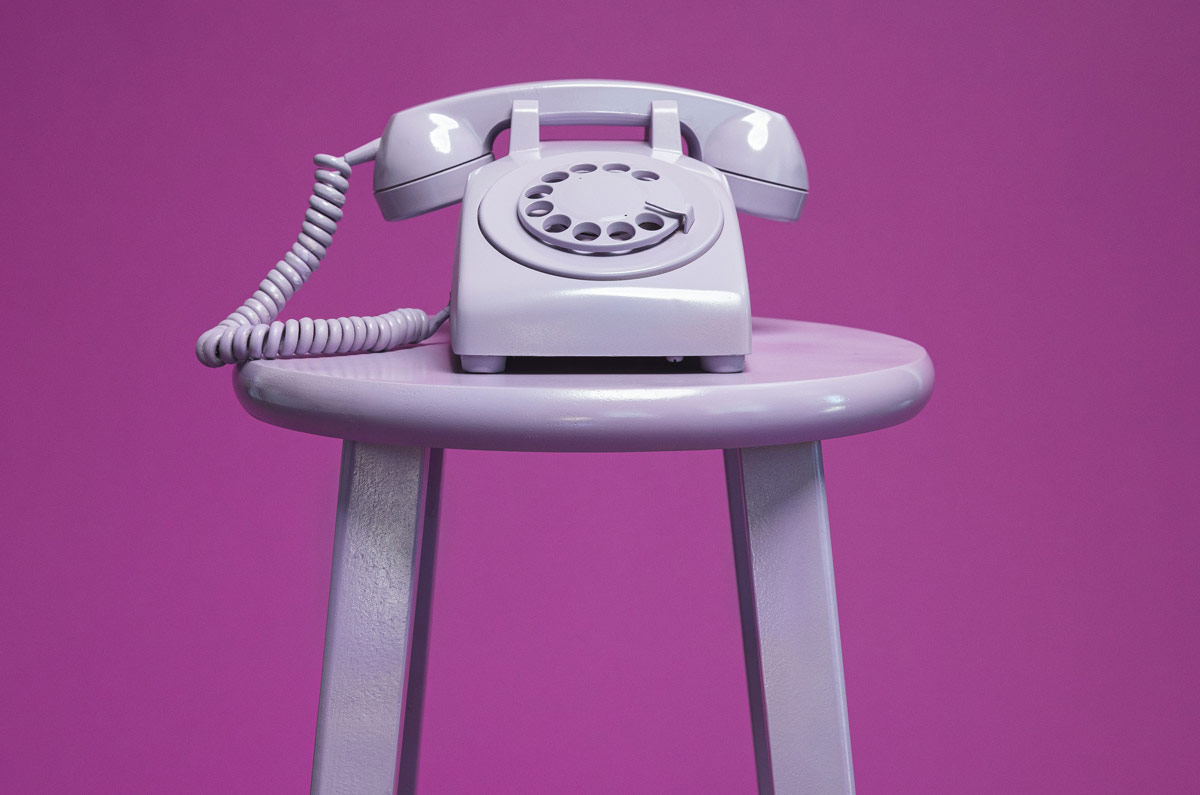With Christmas and the festive season just around the corner, and a tough year almost behind us, it’s the perfect time for a wellness challenge!
And before you roll your eyes, this challenge is fun, it’s easy and we‘ve tied it in with song The 12 days of Christmas… so it all begins on Christmas day.
So strap yourselves in, it’s a weird and wacky song! But we hope you’ll have some fun with the 12 days of wellness challenge.
Happy holidays, stay safe, and keep well!
25 December
On the first day of Christmas my true love sent to me, a partridge in a pear tree…
While a partridge in a pear tree doesn’t sound like cause for celebration, the fact that we’ve made it to Christmas Day certainly is! So let’s celebrate!! Dance around your lounge room, sing carols, toast your family and friends because we made it! We’re with our loved ones – hopefully in person, but if not, virtually is good too. Eat, drink, be merry, and enjoy this day.
26 December
On the second day of Christmas my true love sent to me, two turtles doves…
Get outside and walk off some of the Christmas yumminess. See if you can spot some turtle doves (might be a tad tricky as they appear to be European).
Any-hoo, see if you can at least spot a pigeon while enjoying your walk. Enjoy the sunshine and vitamin D and breathe in the fresh air – how good does it feel without a mask?
27 December
On the third day of Christmas my true love sent to me, three French hens…
What’s with all the birds? Weird, but we can use the French vibe for our third day.
Catch up with friends and do something fun together. Channel your inner Parisian, grab some baguettes, cheese, wine and eclairs (yum), and have a picnic in the park. Or visit a café and enjoy a cafe au lait while you watch the people stroll by. Finish with a promenade along a river or visit a gallery for the perfect end to your day.
28 December
On the fourth day of Christmas my true love sent to me, four calling birds…
More birds! But they’re on the right track as far as calling goes.
Today call or face time someone you haven’t spoken with for a while. Catch up on their lives and let them know how you’re doing. If this year has taught us nothing else, it’s that our connections are vital. We need them for our physical, mental and emotional health. So pick up the phone and call someone.
29 December
On the fifth day of Christmas my true love sent to me, five gold rings…
Now we’re talking! Only joking, I prefer silver.
Today the challenge is to take photos of three things that make you happy. The sky’s the limit – so it may be some gold rings, or your family, your dog, some flowers, a sunset, a meal, or the clouds in the sky. Whatever makes you happy – point and click. And save them so you can look at them whenever you’re feeling a bit down and need a boost.
30 December
On the sixth day of Christmas my true love sent to me, six geese a-laying…
Come on, seriously? This true love was mad for birds!
Today, let’s hit the trails. Grab your bike, borrow one from a friend, or hire one…and let’s go for a ride. Riding is a low impact and fun exercise that’s suitable for most people. Read our blog for some tips to make your ride a fun, enjoyable outing without the pain.
As usual keep your eye out for birds – especially of the geese variety who may or may not be laying.
31 December
On the seventh day of Christmas my true love sent to me, seven swans a-swimming…
More birds – sigh. But the swimming part is a great idea! Nothing says summer like hitting the beach, pool, river or watering hole for a swim to cool down. And it’s a wonderful exercise for anyone with a musculoskeletal condition. Your body is supported by the water and the resistance provided by moving through water builds muscle strength and endurance.
And since it’s New Year’s Eve, while you’re floating around in the water, take some time to reflect on 2020 and three things you’re grateful for. It’s been a tough year, but there have been some highlights. What were yours?
1 January
On the eighth day of Christmas my true love sent to me, eight maids a-milking…
Hello 2021! It’s a new year, and we often start a new year with some resolutions. Instead of doing the usual – lose weight, get more exercise, quit smoking (although we can still do these) – let’s use the new year to a set a goal to do that ‘one thing’ we’ve always wanted to do. And make a plan to achieve your goal.
So if you’ve always wanted to milk a cow, get those milk maids involved and find a cow.
But seriously, most of us have something that we’ve always wanted to try or accomplish. Write a novel, play an instrument, become conversant in another language, take up pottery, learn to cook…whatever it is, write it down, then work out the steps you need to achieve your goal. Check out our info on goal setting for tips and advice. And good luck!
2 January
On the ninth day of Christmas my true love sent to me, nine ladies dancing…
Today it’s all about unplugging and a digital detox. Put your phone aside for an hour, 2 hours, the whole day! Dance with nine ladies, or just by yourself, go for a walk, talk with your neighbor, do some yoga/tai chi/stretching, curl up on your couch with a book, de-stress with some guided imagery. Whatever you do, avoid using any tech or gadgets for the time you’ve put aside for your detox…and enjoy!
3 January
On the tenth day of Christmas my true love sent to me, ten lords a-leaping…
This true love had some wacky gift ideas, but hats off for the creativity!
The tenth day challenge is to do some mindfulness meditation. With Christmas and New Year done and dusted, many of us will be feeling tired from all of our commitments and celebrations. This may have aggravated our pain and fatigue, and made us feel a little overwhelmed. So let’s do something that will help us focus and be mindful. Find yourself a comfy spot, read our info on mindfulness meditation and do the simple body scan we’ve provided.
Or if mindfulness isn’t your thing, what about some visualisation? It also uses the power of your mind to reduce pain and stress, but it’s free flowing and allows you to use your imagination. Remember the details of a past event, visualise a future event, or think of something completely out there…like 10 lords a-leaping.
4 January
On the eleventh day of Christmas my true love sent to me, eleven pipers piping…
Today seems like a good day to go all out and make a meal that fills you with joy. Whether it’s something your mum or dad used to make for you when you were little, that brings back happy childhood memories, or a meal that you love but never make because it’s too complicated/decadent/full of calories…cook it! And take time to savour it. Really enjoy each mouthful. And then blow your own trumpet about how good it is (that’s the closest I could get to pipers!).
5 January
On the twelfth day of Christmas my true love sent to me, twelve drummers drumming…
Drumroll please- let’s go out with a bang!
Today is the day to do whatever you want. So it’s not a hard challenge at all.
Put your favourite music on and sing, dance, do your best air guitar/air drums or just sit back and listen. Pamper yourself with a spa treatment – in a salon or at home. Read a book or magazine, put your feet up and relax. Go for a hike with friends. Pull out the Lego and let your imagination go wild. Build a fort in your lounge. Stay in your PJs all day. Explore a gallery/museum/library – in person or virtually. Go hot air-ballooning. Buy a drum kit and go crazy – like Animal from the Muppets playing with Dave Grohl, or the True Love’s twelve drummers.
Take this day to do something that makes you happy and fill you with joy. Life’s short – let’s make every moment count.
Call our Help Line
If you have questions about things like managing your pain, your musculoskeletal condition, treatment options, COVID-19, telehealth, or accessing services be sure to call our nurses. They’re available weekdays between 9am-5pm on 1800 263 265; email (helpline@msk.org.au) or via Messenger.


